I was very despondent and having heard about the terrible conditions of Aborigines and Islanders on nearby Palm Id I decided to try again. I dressed in khaki shorts long socks and tan shoes, with a crisp white shirt. This was standard uniform for public servants in North Queensland at that time.
There was a launch run I think by the native affairs department going in the morning to Palm Id. It was restricted to government personnel and police generally. I went aboard at the right time and a man approached me who appeared to be in authority. I later found out it was Bartlam the superintendent of Palm Island which was a detention centre for aborigines.. This man asked me “Are you official?”
“That’s right.” I replied. He went back to his seat and it appeared he was with his daughter, a rather arrogant looking girl.. The trip did not take I think more than an hour.
Reaching there I did not go to the administration building but slipped along a lane towards the beach. I saw a group of Aboriginal people and said “I’m a journalist.. Is there anything you want to say about conditions here? “ They were eager to talk and I found out a lot of shocking information.
There was one man I remember. He said his name was Harold Blair the same name as his nephew the famous Aboriginal opera singer.
I told them where to contact me, but I was told that the mail was censored.
Just then a couple of native police ran up and told the others to go away and they lead me to the administration building. Here Bartlam stormed at me that that I was trespassing and that I had I had given him false information.
I said I was doing an article for the Townsville Mercury. He said I would be returned on the afternoon launch to Townsville. I was placed in a bare room with a native guard. Later I was escorted to the launch. Some brave natives called goodbye to me from the beach and I saw they were dispersed by native police.
Arriving at the Townsville wharf I was taken into custody by the Queensland (white) police who asked me harshly who I was, etc. There was a phone conversation between them and the Mercury office, who must have told them I was known but I was not in their employ. I had my notes taken and was made to strip and was searched. I was then told I would not be charged with various offences “If you bugger off back to Sydney. “ We’ll give you 24 hours mate! If yer still here then, well, it’s Bogga Road for yer.”
Though I wasn’t roughed up, due probably to that they were a bit uneasy about giving “ Queensland Justice” to a journalist., I took them seriously. Once out of custody I immediately went to the room I was renting on Castle Hill and found it ransacked and my old portable missing, as well as a novel I had roughed out.
This novel I’m sure had little potential merit , but it did contain some romance between the hero and a native girl and having sex with a native or islander in Queensland at that time was an offense punishable by gaol. Even advocating relations between the races was an offense in that state..
I wondered where I could get the use of a typewriter and though I was not a communist I went to the headquarters of the Communist party of Australia, North Queensland Branch. A couple of people talked to me. They were very suspicious, because they had been harassed a lot by authorities. I told them I just wanted to write the story while it was fresh in my mind and they agreed. I think I mentioned Harry Reed an artist in Sydney, who was a known C.P. member and later went to Cuba under Castro. I also said my mother had been invited to attend the Moscow Institute when she was 17 and she was a friend of Agnes Witcher, a member of renown. I also trotted out the names of several of my relations on the O’Keefe side who had been parliamentarians for Labour. I remember that a woman who was sympathetic had an eye missing . I wrote an article and titled it "Prison Camp in Australia.” When they read it they were so pleased they wanted it to go in the communist paper, “ The Tribune”. I demurred, saying I was going to try for the Brisbane “Sunday Truth.”
I was at Townsville station to get the Brisbane train and sure enough a couple of cops were there to see me go. One told me “and don’t fucking- well come back, you commo bastard.” Luckily they did not search me so the article was safe.
First thing in Brisbane I went to the Truth office and my reception was much easier. They accepted the article. I waived payment and by-line just to get it in.
I then decided to leave Queensland and took the train to slightly more liberal N.S.W.
I was in Sydney when I saw the front page article “Prison Camp in Australia.”
I couldn’t tell my friends it was my article because it was under a journalist’s name. That didn’t matter .I had a lot of satisfaction. I hoped that Bartlam squirmed. I heard he was replaced.
About a year later I got the reward that has stayed in my mind. A letter came from the elder Harold Blair thanking me on behalf of the people on Palm Island. He stated that conditions had got a bit better and the mail was no longer censored. For years I treasured that letter. To my mind, my grandmother’s spirit had made me do it.
Ric Williams. ![]() Written at Vancouver, B.C. Canada, 22nd Sept. 2004.
Written at Vancouver, B.C. Canada, 22nd Sept. 2004.
Palm Island officer not guilty
-
June 20, 2007 - 7:18PM
Senior Sergeant Chris Hurley. A Queensland police officer charged after a Palm Island man died in his custody has been found not guilty of manslaughter and not guilty of assault.
A Townsville Supreme Court jury handed down its verdict today. The jury of eight women and four men took just over three hours to deliver its not guilty verdict on both charges.
Senior Sergeant Chris Hurley pleaded not guilty to one count each of manslaughter and assault over Mulrunji Doomadgee's death at the Palm Island watchhouse on November 19, 2004.
The death triggered riots on the island.
Last week, the trial heard Mr Doomadgee had died of internal bleeding after his liver was cleaved in two across his spine and his portal vein burst.
The injuries resulted from the application of what was described to the court as moderate to massive force.
Earlier today, in closing instructions, Justice Peter Dutney urged the 12-member jury to weigh the case against Hurley on its own merits and to dismiss all feelings of prejudice and sympathy.
"This trial is not concerned with the police. It is not concerned with any riots that took place," he said. "It is not concerned with any other indigenous issue or death in custody.''
The judge told the jury they must decide whether that force "was intentional or unintentional'' by Hurley.
Medical experts testified that the injuries could have occurred as a result of Hurley falling on top of Mr Doomadgee with his knee protruding as they tripped through the doorway of the watchhouse. Alternatively, the court was told the officer could have intentionally performed a "knee-drop" immediately after the incident. Justice Dutney said the jury must decide whether or not the injuries had occurred before or after the fall, and whether or not Hurley had lied in his accounts of the incident.
Hurley initially told investigating police he fell beside Mr Doomadgee.
But in testimony to the court last week the policeman conceded he "must have" landed on top of Mr Doomadgee. Justice Dutney said if the jury decided Hurley intentionally injured Mr Doomadgee they needed to decide whether "a reasonable person" would have considered his actions could result in the 36-year-old Aboriginal man's death.

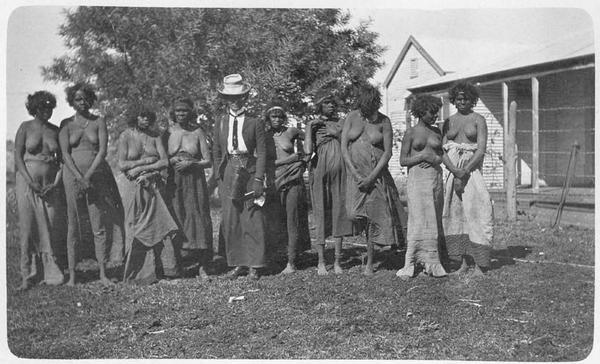



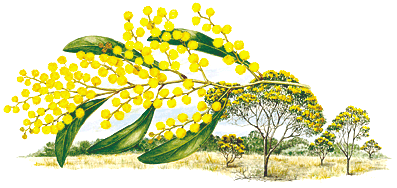


+copy.jpg)










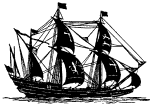





















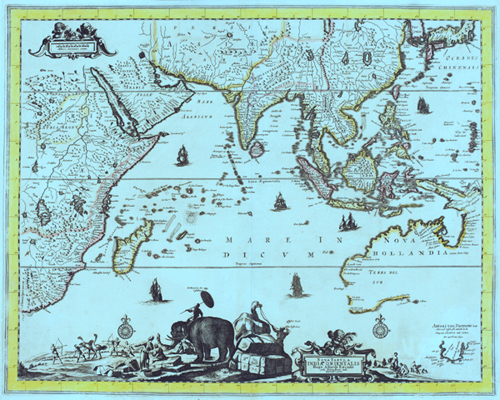

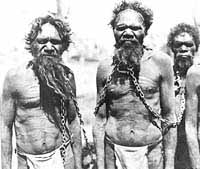
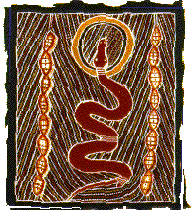


















.jpg)
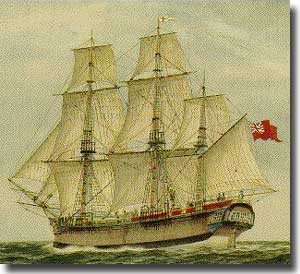





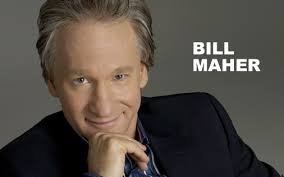



















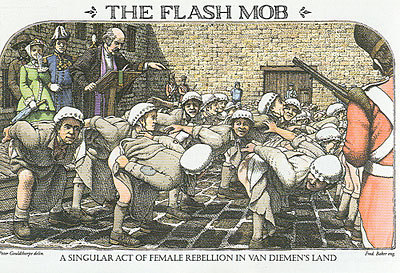
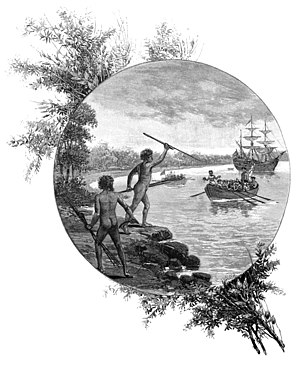 G
G







.jpg)
















No comments:
Post a Comment